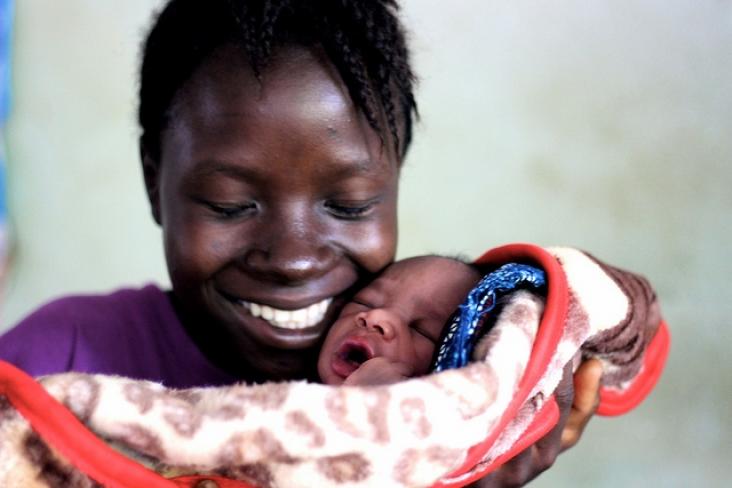Introduction: Diabetes is a serious and increasing global health burden and estimates of prevalence are essential for appropriate allocation of resources and monitoring of trends.

A new Global Investment Framework for Women's and Children's Health demonstrates how investment in women's and children's health will secure high health, social, and economic returns.
Despite large gains in health over the past few decades, the distribution of health risks worldwide remains extremely and unacceptably uneven.
Over the past decades, more attention has been placed on the quality and safety of our foods, driven primarily due to higher incidence of foodborne diseases, large-scale outbreaks as well as incidents
Western diets are characterised by a high intake of meat, dairy products and eggs, causing an intake of saturated fat and red meat in quantities that exceed dietary recommendations.
Urban green space, such as parks, forests, green roofs, streams, and community gardens, provides critical ecosystem services.
Building toilets and getting people to use them is critical for public health.
This Article supports SDG 3 by showing plausible outcomes associated with exposure to e-waste (end-of-life electrical and electronic waste), including change in thyroid function, changes in cellular expression and function, adverse neonatal outcomes, changes in temperament and behaviour, and decreased lung function.
This study describes the development and implementation of a high-throughput compound screening assay targeting ER calcium dysregulation as an innovative approach for AD drug discovery.
This study uses social network analysis to model a contact network of people who inject drugs (PWID) relevant for investigating the spread of an infectious disease (hepatitis C).
